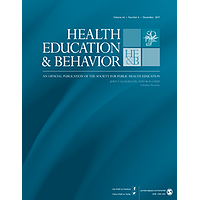Black men who have sex with men (BMSM) bear an increasingly disproportionate burden of HIV in the United States. The Centers for Disease Control and Prevention recommends high-impact combination prevention for populations at high risk for HIV infection, such as BMSM. However, few scholars have considered the types of behavioral interventions that combined with biomedical prevention could prove effective for mitigating the epidemic among BMSM. Between June 2013 and May 2014, we conducted three in-depth interviews each with 31 BMSM, interviews with 17 community stakeholders, and participant observation in New York City to understand the sociocultural and structural factors that may affect the acceptance of and adherence to oral preexposure prophylaxis among BMSM and to inform an adherence clinical trial. BMSM and community leaders frequently described condomless sex as a consequence of psychosocial factors and economic circumstances stemming from internalized homophobia resulting from rejection by families and religious groups. BMSM revealed that internalized homophobia and HIV stigma resulted in perceived lack of self- and community efficacy in accepting and adhering to preexposure prophylaxis. Our results indicate that addressing internalized homophobia and fostering emotional social support in peer networks are key elements to improve the effectiveness of combination prevention among BMSM.

Psychosocial Implications of Homophobia and HIV Stigma in Social Support Networks: Insights for High-Impact HIV Prevention Among Black Men Who Have Sex With Men
Review badges
0 pre-pub reviews
0 post-pub reviews


